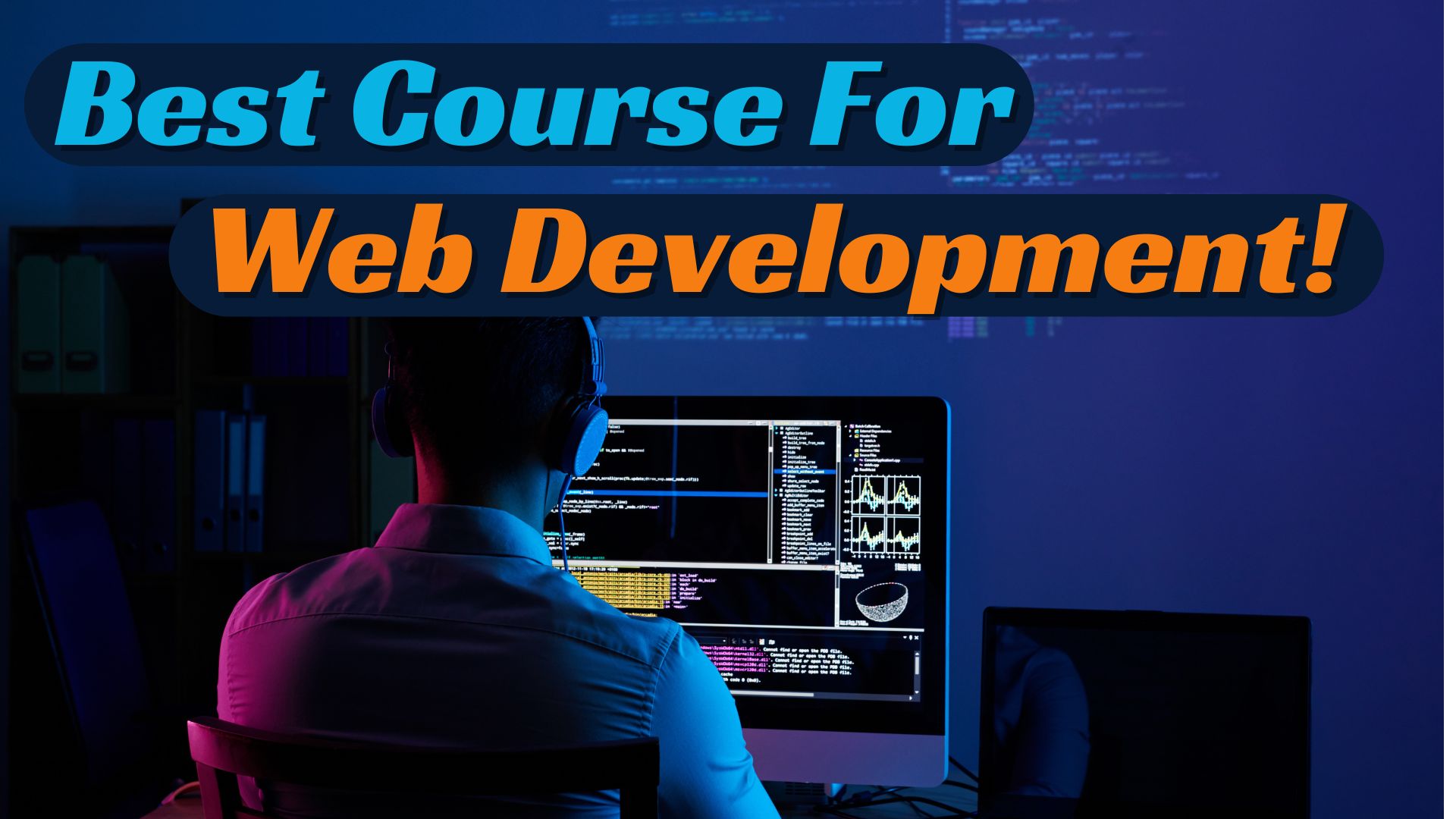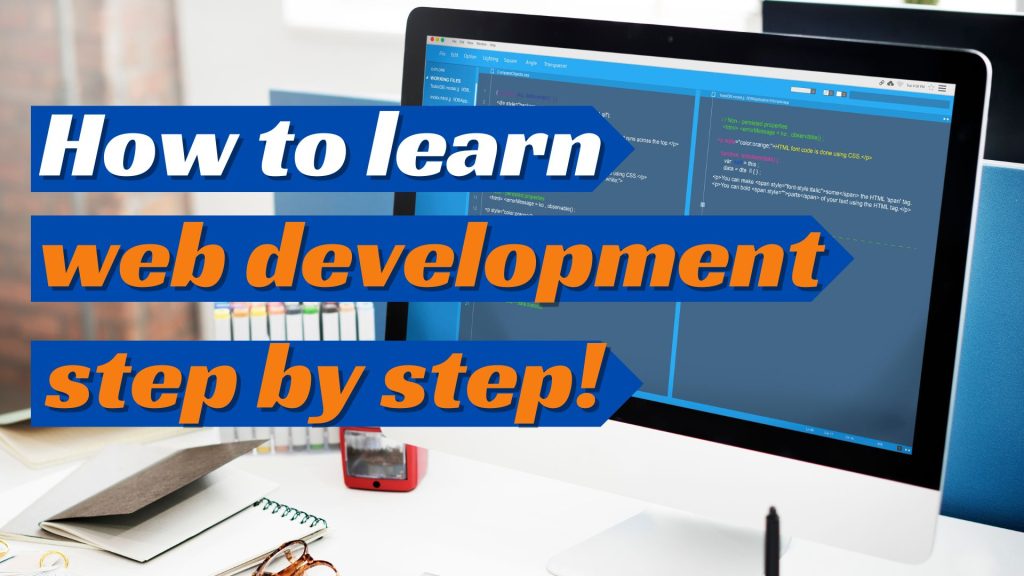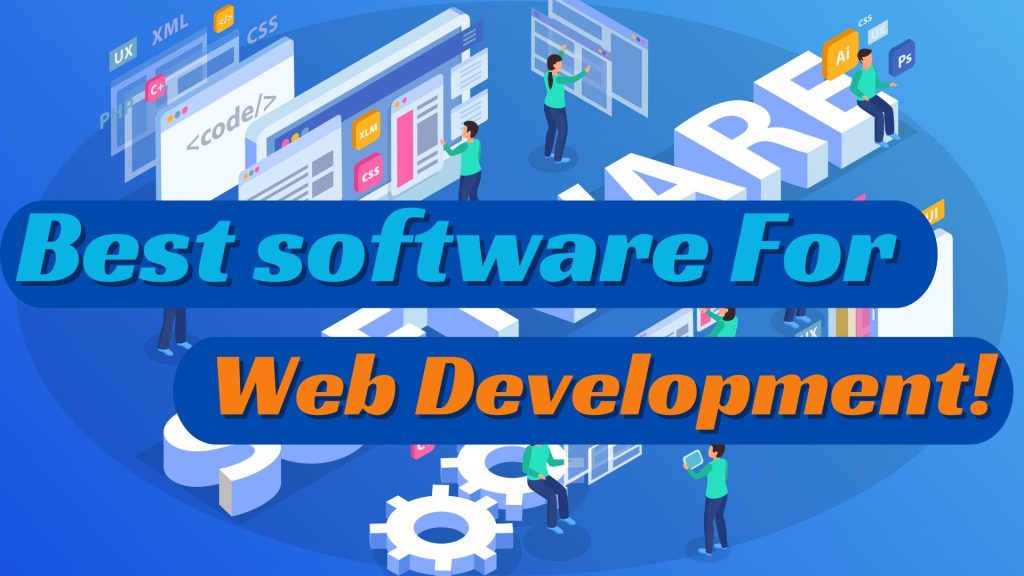
There are several excellent web development courses available online, each catering to different skill levels, goals, and learning preferences. Here are some of the best web development courses across different platforms:
1. FreeCodeCamp (free)
- Best for: Beginners and those who want a comprehensive, hands-on curriculum.
- What it covers: Full-stack web development with a focus on front-end (HTML, CSS, JavaScript) and back-end (Node.js, Express, MongoDB). Includes certifications in Responsive Web Design, JavaScript Algorithms, Front-End Libraries, Data Visualization, APIs and Microservices, and more.
- Why it’s great: Completely free, project-based, and you build real-world projects while earning certifications.
- Platform: FreeCodeCamp
2. The Odin Project (free)
- Best for: Beginners who want a structured, project-based curriculum with community support.
- What it covers: Full-stack web development, focusing on JavaScript, HTML, CSS, and back-end technologies like Node.js and Ruby on Rails. Offers hands-on projects and real-world applications.
- Why it’s great: It provides an in-depth, structured path with active community support and projects that mimic real-world scenarios.
- Platform: The Odin Project
3. Colt Steele’s “The Web Developer Bootcamp” (Udemy, paid)
- Best for: Beginners looking for a comprehensive and affordable course.
- What it covers: HTML, CSS, JavaScript, Node.js, Express, MongoDB, REST, and more. It also covers modern tools and frameworks like React.
- Why it’s great: Covers everything from basic to intermediate topics, with real-world projects like creating a full-stack web application.
- Platform: Udemy – Web Developer Bootcamp
4. Harvard’s CS50: Introduction to Computer Science (free, optional paid certificate)
- Best for: Students who want a solid foundation in computer science alongside web development.
- What it covers: A broad introduction to computer science concepts, including web development using HTML, CSS, and JavaScript. Also covers algorithms, data structures, and programming in Python and C.
- Why it’s great: Offers a deep understanding of how computers and the web work, which is useful for becoming a well-rounded web developer.
- Platform: edX – Harvard’s CS50
5. Coursera – “Web Development with JavaScript and HTML/CSS” by the University of Michigan (free with paid certificate)
- Best for: Learners who want a university-level curriculum with flexibility.
- What it covers: HTML5, CSS3, JavaScript, and responsive web design. This specialization also covers more advanced JavaScript, including object-oriented programming and web frameworks.
- Why it’s great: It’s a structured, step-by-step course from a reputable university, making it ideal for learners who prefer academic rigor.
- Platform: Coursera – University of Michigan
6. Scrimba – Frontend Developer Career Path (paid)
- Best for: Beginners and intermediate learners focused on front-end development.
- What it covers: HTML, CSS, JavaScript, React, and design principles. Scrimba’s interactive learning platform allows you to write code directly within lessons.
- Why it’s great: Its interactive approach makes learning more engaging. The course includes 15 real-world projects and prepares you for a career in front-end development.
- Platform: Scrimba
7. “The Complete JavaScript Course” by Jonas Schmedtmann (Udemy, paid)
- Best for: Anyone wanting to specialize in JavaScript.
- What it covers: JavaScript from beginner to advanced, including modern ES6+, DOM manipulation, asynchronous programming, and front-end frameworks.
- Why it’s great: Deep dive into JavaScript with hands-on projects like creating interactive websites, perfect for mastering the language.
- Platform: Udemy – The Complete JavaScript Course
8. Zero to Mastery – Complete Web Developer (paid)
- Best for: Beginners wanting a guided full-stack course with ongoing updates.
- What it covers: Front-end (HTML, CSS, JavaScript, React), back-end (Node.js, Express, Databases), along with deployment, security, and APIs.
- Why it’s great: Comprehensive and regularly updated course that prepares students for real-world jobs.
- Platform: Zero to Mastery – Complete Web Developer
9. Codecademy – Full-Stack Engineer Career Path (paid)
- Best for: Beginners who prefer an interactive, hands-on learning experience.
- What it covers: Full-stack development with HTML, CSS, JavaScript, SQL, Node.js, Express, and React. Includes interactive lessons and portfolio projects.
- Why it’s great: Codecademy’s interactive platform is very beginner-friendly and breaks down complex topics into digestible steps.
- Platform: Codecademy
10. Udacity – Full Stack Web Developer Nanodegree (paid)
- Best for: Learners seeking a professional-level program with career support.
- What it covers: Full-stack web development, including front-end frameworks (React), back-end (Python/Flask), and deployment. Includes personalized feedback, real-world projects, and career services.
- Why it’s great: A highly structured course with real-world projects that align with job requirements.
- Platform: Udacity – Full Stack Web Developer Nanodegree
Which Course is Best for You?
- If you’re a complete beginner: FreeCodeCamp, The Odin Project, or Colt Steele’s “The Web Developer Bootcamp” are great starting points.
- If you prefer structured academic courses: Harvard’s CS50 or Coursera’s University of Michigan Web Development Specialization.
- If you want interactive learning: Scrimba or Codecademy are excellent for hands-on learners.
- If you want a deep focus on JavaScript: Jonas Schmedtmann’s JavaScript course on Udemy is highly recommended.
- For professional development: Udacity’s Full-Stack Nanodegree offers career services and job-oriented training.
Each course has its strengths, so choose one that matches your learning style, goals, and budget.


